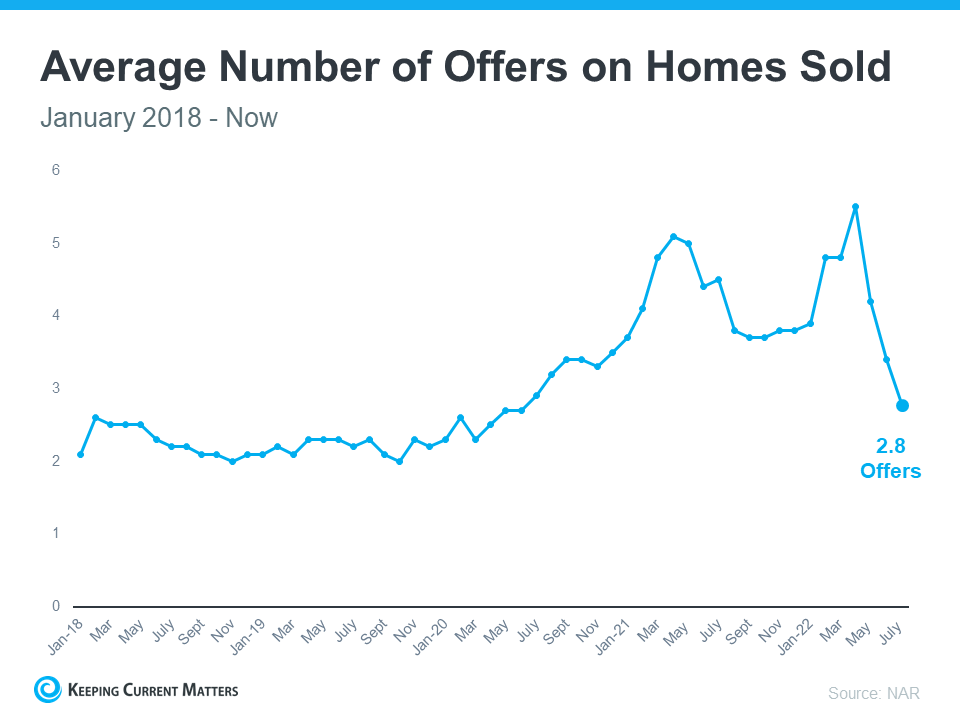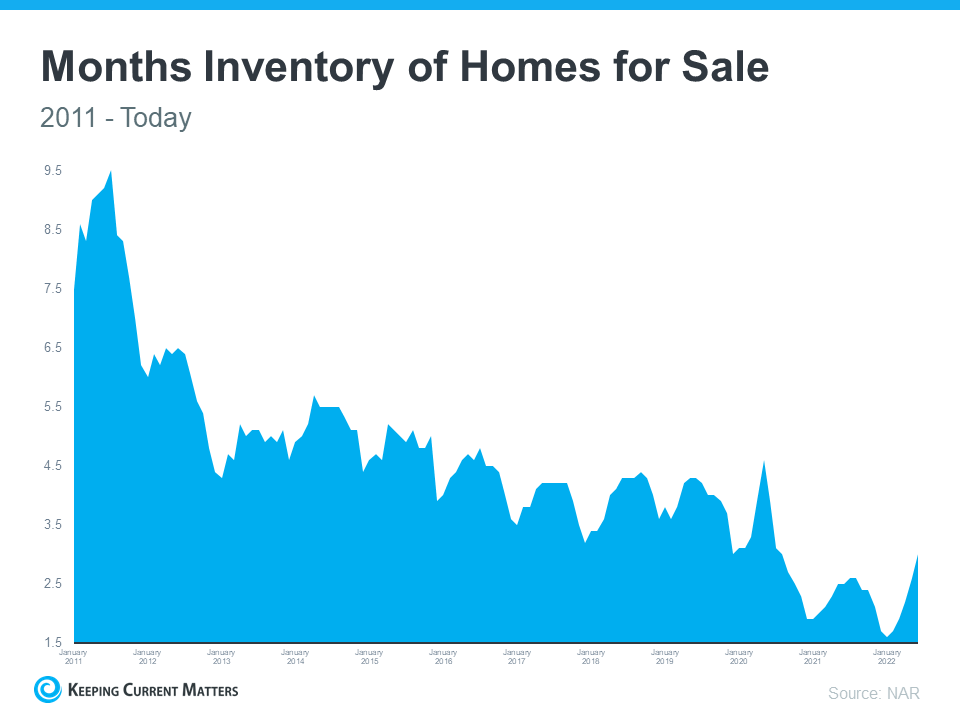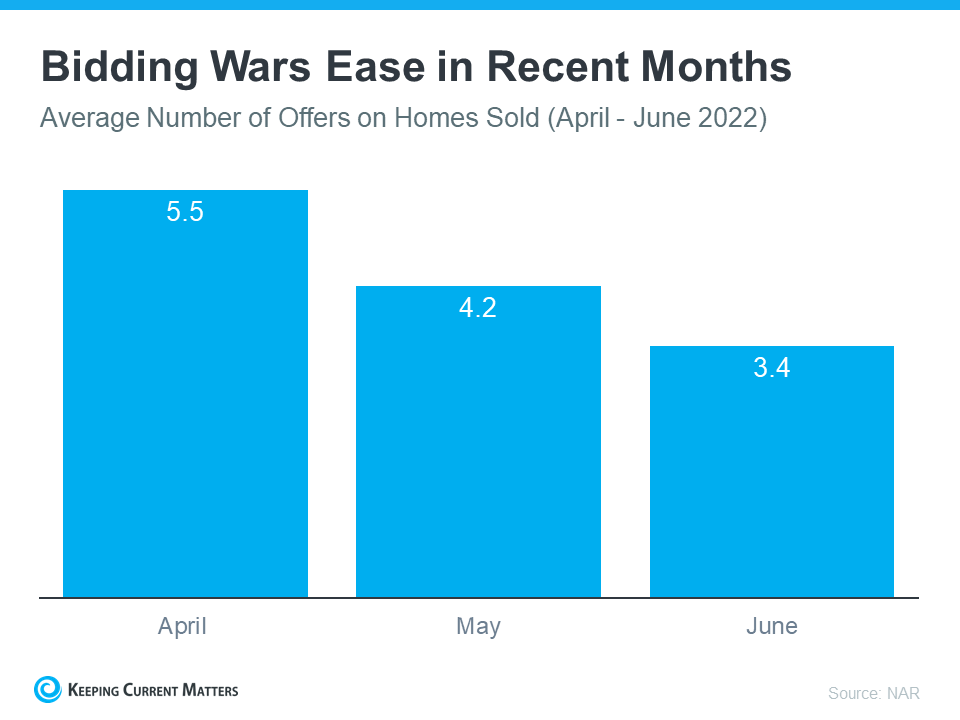With the busy homebuying season, here are 5 financial tips to remember when looking out for a new home.
Buying a house is tougher than ever this year, thanks to the rising costs of materials and labor as well as disruptions in the global supply chain. The increased price of lumber alone has added $18,600 to the cost of the average new home since last August.
With prices on the rise, and interest rates going up too, more and more Americans are getting squeezed out. If you’ve looked at the market at all in the past 12 months, you’ve probably had some sticker shock, and if you’ve tried to buy, you’ve probably faced fierce competition.
Here’s what experts have to say about the real estate market in 2022
If you’re planning on buying or selling in 2022, rising prices and mortgages are pretty much baked in, but beyond that, experts can only offer mixed predictions:
- Kerry Melcher, head of real estate at Opendoor, predicts that the housing market will continue to be strong in 2022, but it will be less competitive than the overheated conditions seen in 2021. The rise in mortgage interest rates will have a significant impact on purchasing power too, resulting in more buyers looking at lower-priced homes.
- The Mortgage Bankers Association expects mortgages to vary through the year, claiming “mortgage rates will have their ups and downs in 2022” and will likely end the year at 4.5% or higher.
- Fannie Mae predicts home prices will climb 11.2% throughout the rest of 2022, followed by a more modest increase in 2023. But The National Association of Realtors refutes that number. In their survey of economists and housing experts, they predict housing prices to climb only 5.7% through the end of 2022. Advisors at Realtor.com go even lower, predicting a more modest increase of 2.9% in 2022.
- While more buyers look down the market, pricier homes will enter the market. At the high end, with homes priced at $500,000 or more, supply is expected to go up, according to the National Association of Realtors.
One of the factors that could boost the market is the increasing number of people working from home. More people are looking for home office space, adding demand among homebuyers. More of us can also live farther from the offices we used to work in, prompting more of us to up and move to more desirable locales.
With the busy homebuying season, here are 5 financial tips to remember when looking out for a new home:
1. Rethink why you want to buy a house
Getting into the real estate market is a major decision that should be taken with careful consideration. Before you make a decision, you must understand the reasons why you want to buy a home.
A good example: what kind of home would you like to live in and how long would it take to save for a down payment? This can help you visualize what you can afford within your current financial situation and needs. From the start, establish clear reasoning and realistic goals.
2. Know your credit score
Your credit score is one of the most important factors that lenders use to determine if you’re a good candidate for a mortgage and to set their loan pricing. Having a good credit score can help you get the best rates and terms.
Your credit score can affect various aspects of homeownership, including your monthly payments and the total amount you’ll pay in interest over the years to come. If you have a lower credit score, you’ll like to get a mortgage with a higher interest rate.
You can get a free copy of your credit score and report from all three credit bureaus: Equifax, Experian, and TransUnion, once every year.
3. Set a clear budget
Before you start looking for a home, you must have a realistic budget. This will help you determine how much you can afford.
You’ll learn how much you can set aside for a down payment and, ultimately, the loan amount you can qualify for. You’ll need to prioritize your saving for a down payment – and your potential mortgage payments – against other priorities, from everyday spending to other financial and personal goals.
4. Look for a real estate agent
Having a good real estate agent can help you find the perfect home you can afford. A real estate agent can negotiate on your behalf and save you time and money.
Before you work with a real estate agent, it’s important that you thoroughly research their track record and their knowledge of the area you’re looking for. An agent can also refer you to other professionals, like home inspectors and contractors.
5. View as many houses as possible
Shop around. Learn about your local market. The more houses you look at, the more you can learn about market values and pricing. You might find a hidden gem, but you’ll also learn what you can get for your money. So you can negotiate a better deal when you find the right home.
Use online services and search for listings that meet your criteria. Your agent can also create a list of homes that meet your specific needs and preferences, then together you can inspect those properties in person.
Conclusion
These 5 tips will help you navigate the home buying process, which can be complex and time-consuming. Aside from the expertise of your mortgage lender and real estate agent, having the necessary knowledge and resources will allow you to make an informed decision when deciding to buy a home this season.
Source: brightmoney.co ~ Image: Canva Pro







